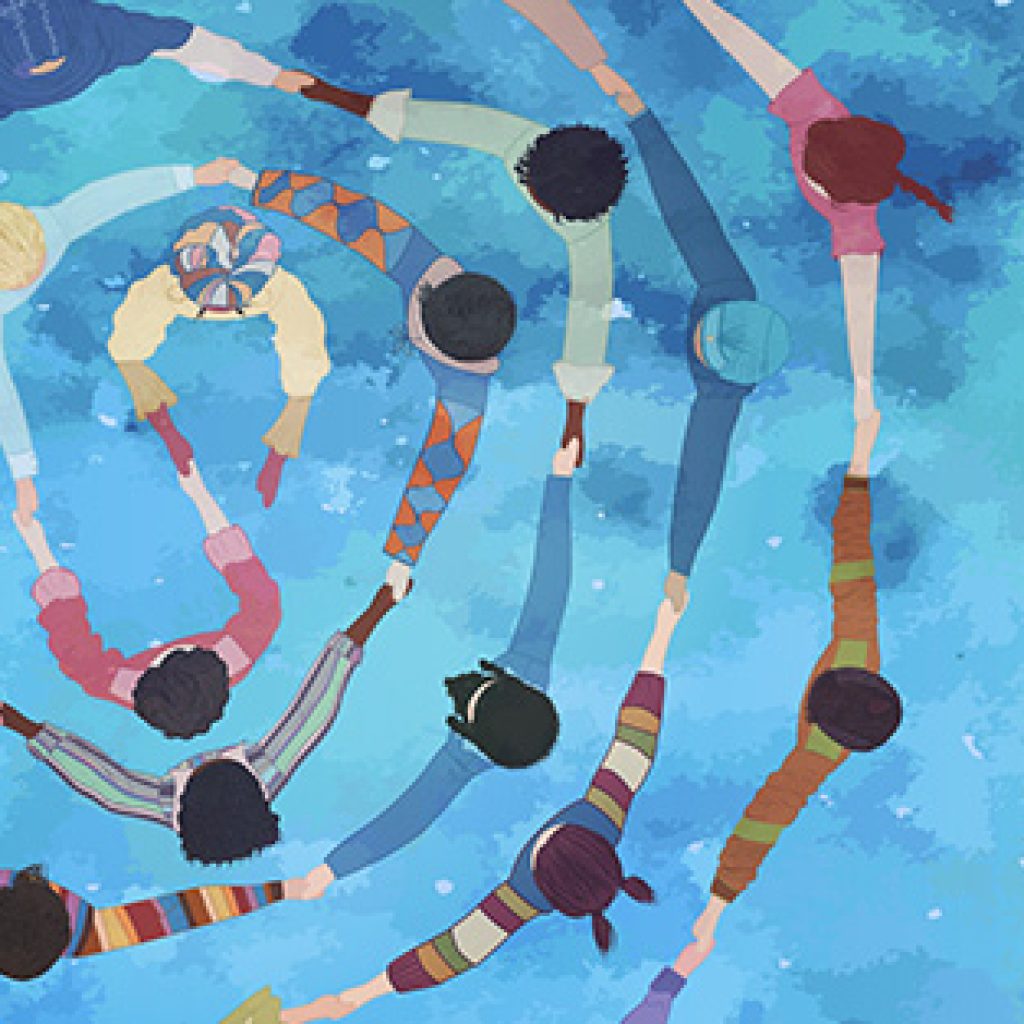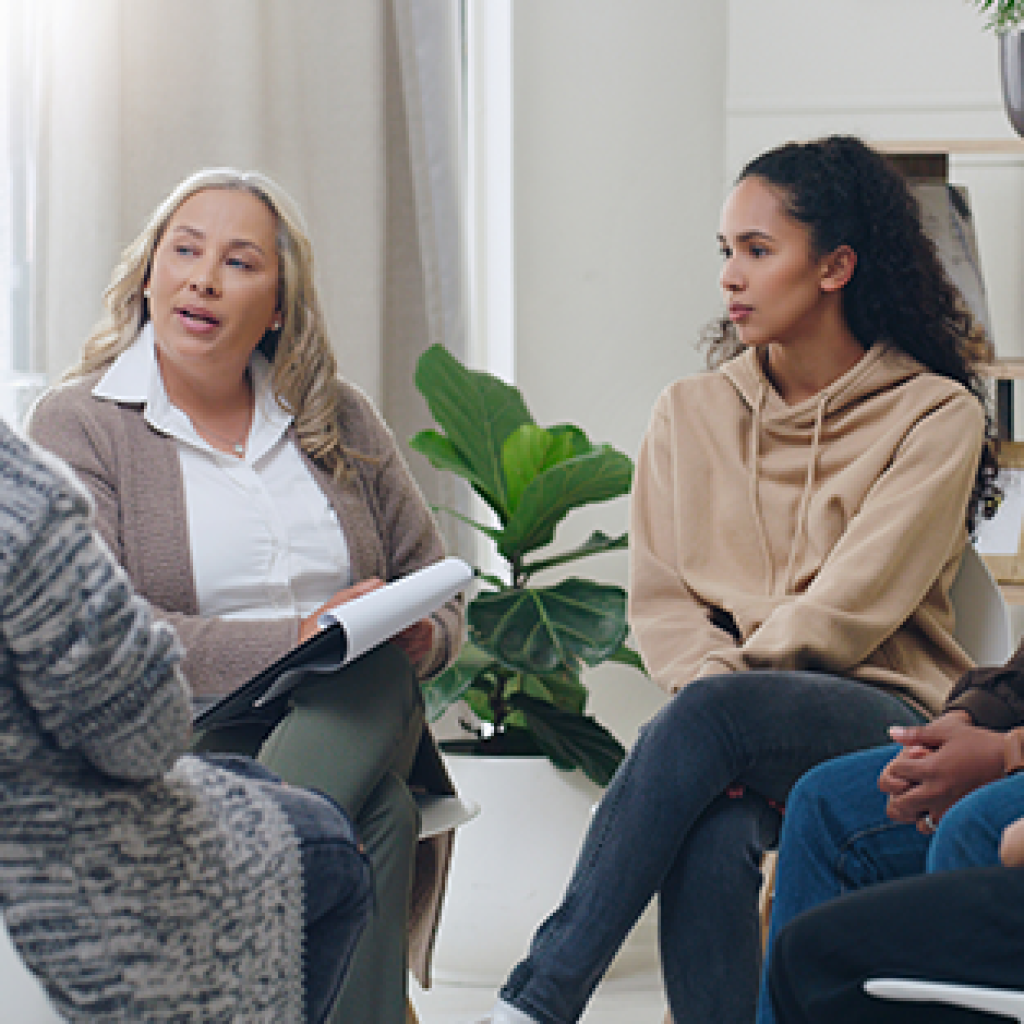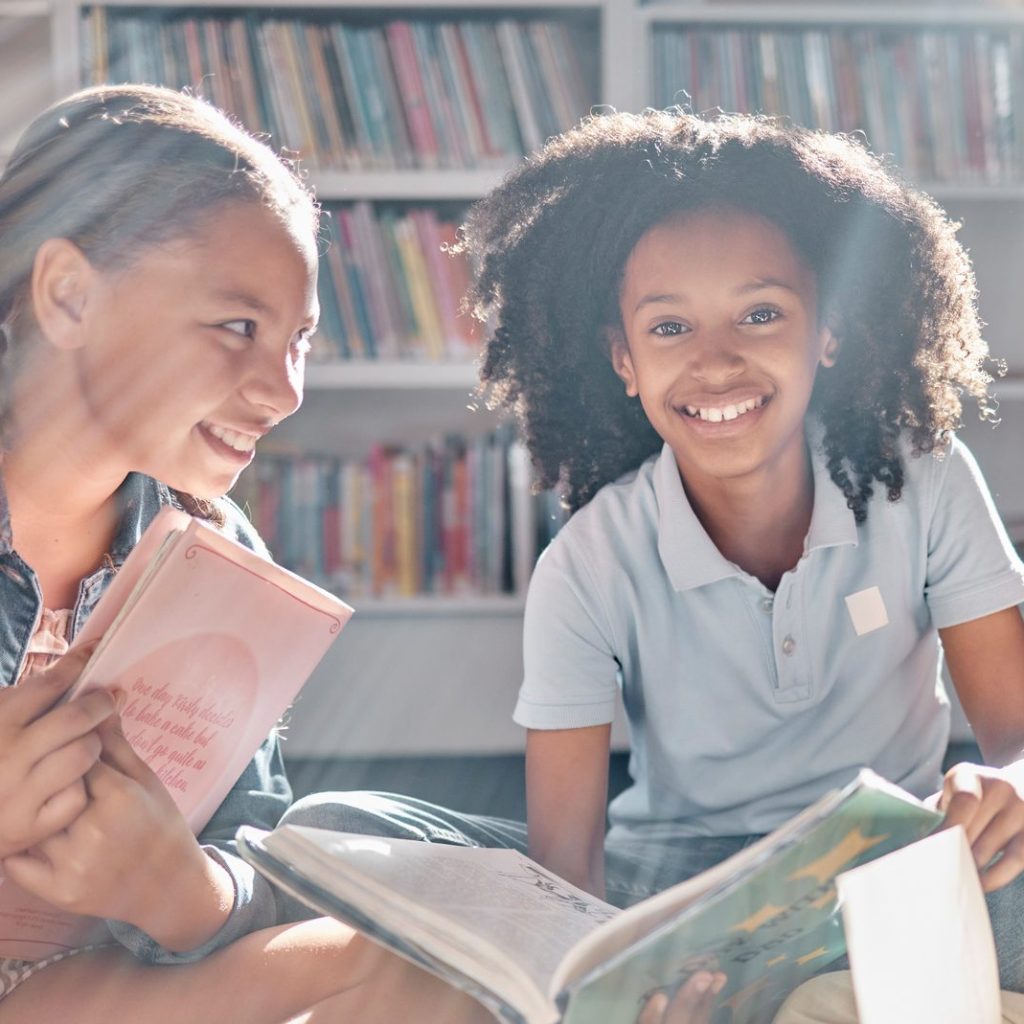Sexual Assault Awareness Month 2022 #WeAreResilient
October marks Domestic Violence Awareness Month (DVAM), which began in 1987. DVAM evolved from the ‘Day of Unity’ originating in 1981 and was the first-time domestic violence was recognized nationally. This awareness event aims to raise awareness about the prevalence of domestic violence along with connecting individuals and organizations working on domestic violence issues. Over the last 35 years progress has been made to support domestic violence survivors, along with regulations and laws that hold abusers accountable.
What is domestic violence?
According to the National Coalition Against Domestic Violence, Domestic violence is the willful intimidation, physical assault, battery, sexual assault, and/or other abusive behavior as part of a systematic pattern of power and control perpetrated by one intimate partner against another. It includes physical violence, sexual violence, threats, economic, and emotional/psychological abuse. The frequency and severity of domestic violence varies dramatically.
Download Iceberg of Domestic Violence
One of the biggest challenges with domestic violence is it’s not always visible, especially when it comes to emotional violence. The Iceberg of domestic violence shows socially unacceptable forms of domestic violence which includes intimate partner homicide, sever forms of physical violence (i.e., beating, burning, strangulation), intimate partner rape, and sexual violence. The iceberg also depicts just how much is below the surface (socially acceptable forms of domestic violence) – from financial abuse, emotional abuse, coercion, and victim blaming.
What is the prevalence of domestic violence in the United States?
- Annually, more than 10 million adults experience domestic violence.
- 1 in 4 women and 1 in 10 men experience sexual violence, physical violence and/or stalking by an intimate partner during their lifetime. They experience concerns for their safety, PTSD symptoms, injury, or need access to victim services.
- Approximately 1 in 5 female victims and 1 in 20 male victims need medical care.
Female victims sustain injuries 3x more often than male victims.
1 in 5 female victims and 1 in 9 male victims need legal services. - 2% of women and 13.9% of men have experienced severe physical violence by an intimate partner during their lifetime.
- From 2016 through 2018 the number of intimate partner violence victimizations in the United States increased 42%.
- On a typical day, domestic violence hotlines nationwide receive over 19,000 calls.
- An abuser’s access to a firearm increases the risk of intimate partner femicide by 400%.
- In 2018, partner violence accounted for 20% of all violent crime.
- From 2016 through 2018 the number of intimate partner violence victimizations in the United States increased 42%.
- On a typical day, domestic violence hotlines nationwide receive over 19,000 calls.
- An abuser’s access to a firearm increases the risk of intimate partner femicide by 400%.
- In 2018, partner violence accounted for 20% of all violent crime.
- 19% of intimate partner violence involves a weapon.
What is the prevalence of domestic violence in Nevada?
- 8% of Nevada women and 32.8% of Nevada men experience some form of domestic violence (i.e., intimate partner physical violence, intimate partner sexual violence and/or intimate partner stalking in their lifetimes).
- Nevada has a long history of ranking 1st in the nation for domestic violence fatalities. In 2017, Nevada ranked 4th in the rate of femicide. 56% of these femicides were committed by intimate partners, and of these, 67% were killed with firearms.
- In 2019, Nevada domestic violence programs served 37,669 survivors.
- In 2019, law enforcement responded to at least 8,462 domestic violence incidents. Many others went unreported.
What laws are related to domestic violence in the state of Nevada?
There are three statutes that pertain to domestic violence in Nevada, which include 33.018, 200.481, and 200.485. According to the National Coalition for Domestic Violence, there are firearm laws in place that prohibit domestic violence misdemeanants from possessing firearms, excluding dating partners. In addition, dating abusers, are prohibited from purchasing or acquiring firearms. Courts may prohibit respondents from possessing or owning firearms and/or require them to relinquish any firearms in their possession. Although courts are not explicitly authorized to prohibit respondents to ex parte protective orders from possessing firearms or to require them to relinquish their firearms, they are authorized to order whatever relief they deem necessary to protect victims and survivors, including dating partners.
What new resources are available in Nevada?
Intimate partner violence is most common against women between the ages of 18-24. One organization that is working on addressing domestic violence within this age group is NevadaCARES which is located at the University of Nevada, Reno (UNR). We asked their new Advocate Coordinator, Alexis Rodriguez to share about their organization
1.) What is NevadaCARES?
NevadaCARES aspires to end sexual assault, relationship violence, and/or stalking by engaging the UNR campus community in awareness building, prevention education, and transformative action. Through NevadaCARES Advocacy Center, free and confidential support services are available to those impacted by these forms of power-based violence. Programs and services are accessible to people of all identities.
NevadaCARES has begun providing direct services through a newly hired Advocate Coordinator located at the NevadaCARES Advocacy Center. The Advocate Coordinator is a link between the individual, campus-based resources, and programs in the community. Services will be in the form of advocacy to students, faculty, and staff. Individual services will assist those on campus through the process of making decisions, accessing support, examining feelings, and exploring the impact and meaning of their experiences. Connection to resources is a vital component of healing from a traumatic experience.
2.) What is the prevalence of domestic violence among college students?
14% to 31% of women and 10% of men experience relationship violence during their time attending higher education institutions (Cantor et al., 2019; Krebs et al., 2016). This data implies that a significant portion of the student population at the University of Nevada, Reno will and/or has encountered some form of relationship violence during the course of their education which can negatively influence their academic attendance and performance.
It is additionally important to highlight that Nevada ranks among the top ten states in the nation for instances of relationship violence, indicating that a substantial percentage of faculty and staff could also be affected (Nevada Coalition to End Domestic and Sexual Violence, 2021).
3.) What is the new center?
The NevadaCARES Advocacy Center is a new program on campus that provides free and confidential support services to those who have been affected by power-based violence, specifically domestic/relationship violence, sexual assault, and stalking. . Our Advocacy Center is open to any student, faculty, or staff who is in need of services from 9:00 am – 5:00 pm, Monday-Friday in Edmund J. Cain Hall (EJCH) 239F. Along with our new Advocacy Center, NevadaCARES has opened a Student Lounge that is available to survivors, packtivist, and student interns. Our Student Lounge is also open 9:00 am – 5:00 pm Monday-Friday located in EJCH 236.
4.) How do students access it?
Students can access our services by emailing nvcares@unr.edu, by phone at (775)682-8006, or by filling out an appointment request on nvcares.com.
5.) What would you like behavioral health providers (in the community) to know about domestic violence or the work you do?
We would like behavioral health providers to understand that domestic violence does not discriminate against students in college. We would like to acknowledge the prevalence of domestic violence in college students and the lack of resources we have to support these individuals.
According to the National Coalition Against Domestic Violence, Domestic violence impacts every community, and affects all people regardless of age, socio- economic status, sexual orientation, gender, race, religion, or nationality. Physical violence is often accompanied by emotionally abusive and controlling behavior as part of a much larger, systematic pattern of dominance and control. Domestic violence can result in physical injury, psychological trauma, and even death. The devastating consequences of domestic violence can cross generations and last a lifetime.
RESOURCES FOR VICTIMS AND SURVIVORS OF DOMESTIC VIOLENCE
NATIONAL CRISIS ORGANIZATIONS AND ASSISTANCE:
NATIONAL
The National Domestic Violence Hotline
1-800-799-7233 (SAFE)
www.ndvh.org
National Dating Abuse Helpline
1-866-331-9474
www.loveisrespect.org
National Child Abuse Hotline/Childhelp
1-800-4-A-CHILD (1-800-422-4453)
www.childhelp.org
National Sexual Assault Hotline
1-800-656-4673 (HOPE)
www.rainn.org
National Suicide Prevention Lifeline
1-800-273-8255 (TALK)
www.suicidepreventionlifeline.org
National Center for Victims of Crime
1-202-467-8700
www.victimsofcrime.org
National Human Trafficking Resource Center/Polaris Project
Call: 1-888-373-7888 | Text: HELP to BeFree (233733)
www.polarisproject.org
National Network for Immigrant and Refugee Rights
1-510-465-1984
www.nnirr.org
National Coalition for the Homeless
1-202-737-6444
www.nationalhomeless.org
National Resource Center on Domestic Violence
1-800-537-2238
www.nrcdv.org and www.vawnet.org
Futures Without Violence: The National Health Resource Center on Domestic Violence
1-888-792-2873
www.futureswithoutviolence.org
National Center on Domestic Violence, Trauma & Mental Health
1-312-726-7020 ext. 2011
www.nationalcenterdvtraumamh.org
National Runaway Safeline
1-800-RUNAWAY or 1-800-786-2929
www.1800runaway.org
CHILDREN
Childhelp USA/National Child Abuse Hotline
1-800-422-4453
www.childhelpusa.org
Children’s Defense Fund
202-628-8787
www.childrensdefense.org
Child Welfare League of America
202-638-2952
www.cwla.org
National Council on Juvenile and Family Court Judges
Child Protection and Custody/Resource Center on Domestic Violence
1-800-527-3233
www.ncjfcj.org
Center for Judicial Excellence
info@centerforjudicialexcellence.org
www.centerforjudicialexcellence.org
TEENS
Love is respect
Hotline: 1-866-331-9474
www.loveisrespect.org
Break the Cycle
202-824-0707
www.breakthecycle.org
College Campus Safety Guide
www.affordablecollegesonline.org
DIFFERENTLY ABLED
Domestic Violence Initiative
(303) 839-5510/ (877) 839-5510
www.dviforwomen.org
Deaf Abused Women’s Network (DAWN)
Email: Hotline@deafdawn.org
VP: 202-559-5366
www.deafdawn.org
WOMEN OF COLOR
Women of Color Network
1-800-537-2238
www.wocninc.org
INCITE! Women of Color Against Violence
incite.natl@gmail.com
www.incite-national.org
LATINA/LATINO
Casa de Esperanza
Linea de crisis 24-horas/24-hour crisis line
1-651-772-1611
www.casadeesperanza.org
National Latin@ Network for Healthy Families and Communities
1-651-646-5553
www.nationallatinonetwork.org
IMMIGRANT
The National Immigrant Women’s Advocacy Project
(202) 274-4457
www.niwap.org
INDIGENOUS WOMEN
National Indigenous Women’s Resource Center
855-649-7299
www.niwrc.org
ASIAN/PACIFIC ISLANDER
Asian and Pacific Islander Institute on Domestic Violence
1-415-954-9988
www.apiidv.org
Committee Against Anti-Asian Violence (CAAAV)
1-212- 473-6485
www.caaav.org
Manavi
1-732-435-1414
www.manavi.org
AFRICAN-AMERICAN
The Black Church and Domestic Violence Institute
1-770-909-0715
www.bcdvi.org
LESBIAN, BI-SEXUAL, GAY, TRANSGENDER, GENDER NON-CONFORMING
The Audre Lorde Project
1-178-596-0342
www.alp.org
LAMBDA GLBT Community Services
1-206-350-4283
www.qrd.org/qrd/www/orgs/avproject/main.htm
National Gay and Lesbian Task Force
1-202-393-5177
www.ngltf.org
Northwest Network of Bisexual, Trans, Lesbian & Gay Survivors of Abuse
1-206-568-7777
www.nwnetwork.org
Trans Lifeline
877-565-8860
www.translifeline.org
ABUSE IN LATER LIFE
National Clearinghouse on Abuse in Later Life
1-608-255-0539
www.ncall.us
National Center for Elder Abuse
1-855-500-3537
www.aginginplace.org
MEN
National Organization for Men Against Sexism (NOMAS)
1-720-466-3882
www.nomas.org
A Call to Men
1-917-922-6738
www.acalltomen.org
Men Stopping Violence
1-866-717-9317
www.menstoppingviolence.org
LEGAL
Battered Women’s Justice Project
1-800-903-0111
www.bwjp.org
Legal Momentum
1-212-925-6635
www.legalmomentum.org
Womenslaw.org
www.womenslaw.org
National Clearinghouse for the Defense of Battered Women
1-800-903-0111 x 3
www.ncdbw.org
Legal Network for Gender Equity
www.nwlc.org/join-the-legal-network/
Domestic Violence Legal Empowerment and Appeals Project
www.dvleap.org
RESOURCES FOR THOSE WORKING WITH VICTIMS AND SURVIVORS OF DOMESTIC VIOLENCE
HELPFUL BRIEFS AND PAPERS
- From Responding to Intimate Violence in Relationship Programs (RIViR)
- Current Approaches to Addressing Intimate Partner Violence in Healthy Relationship Programs
- Intimate Partner Violence Prevalence and Experiences Among Healthy Relationship Program Target Populations
NEVADA CRISIS ORGANIZATIONS AND ASSISTANCE:
Reference
National Coalition Against Domestic Violence. (2022). 2022 Domestic Violence Awareness Month: DVAM Tool Kit. National Coalition Against Domestic Violence. Retrieved October 17, 2022, from https://ncadv.org/2022DVAM
Blog Post Tags:
Related Blog Posts
Related Learning Labs
Related Resources
.
- Buscar Tratamiento de Calidad para Trastornos de uso de Sustancia (Finding Quality Treatment for Substance Use Disorders Spanish Version)
- Finding Quality Treatment for Substance Use Disorders
- Focus On Prevention: Strategies and Programs to Prevent Substance Use
- Monthly Variation in Substance Use Initiation Among Full-Time College Students
- The National Survey on Drug Use and Health (NSDUH) Report: Monthly Variation in Substance Use Initiation Among Adolescents








